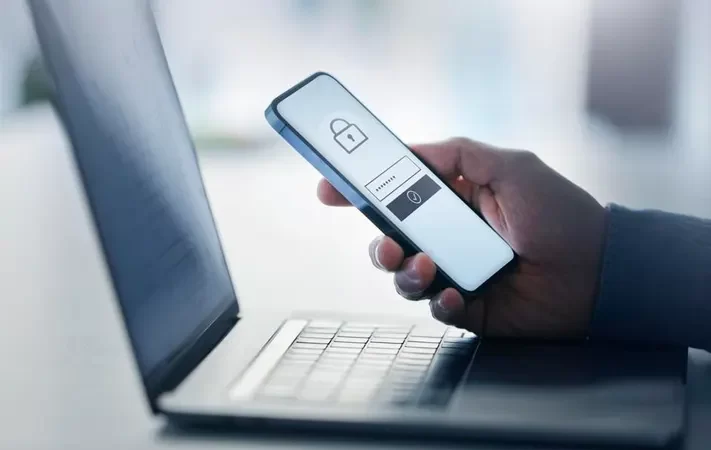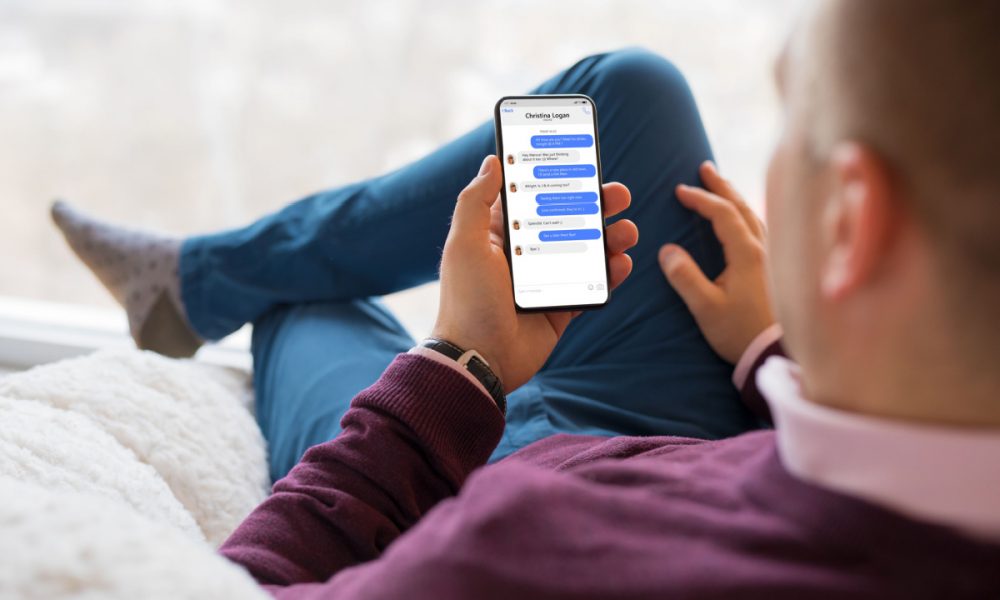
Our private notes and diaries face threats from all sides – hackers, spyware, and surveillance. Even cloud storage services you trust suffer breaches exposing sensitive data. To keep private writings truly confidential, mastering password protection is essential. Implement these tips for fortifying access controls to ensure your innermost thoughts, dreams, and secrets remain locked down tight. Strengthen password security now and retain total ownership over your most intimate diaries throughout a lifetime.
Complex passwords
The first line of defense for all online accounts is a strong master password. Cybersecurity experts recommend passwords over 15 characters blending upper and lower case letters with numbers, and symbols. Avoid dictionary words or personally identifiable strings like birthdays. Randomly generated passwords using a password manager provide maximum entropy. Enable two-factor authentication tying accounts to your mobile number or apps to add additional identity verification when logging in. The minor hassle foils the majority of break-in attempts when platforms get compromised.
Isolate access
Can we make notes private? Never access private notes using public devices or shared family computers. Doing so caches passwords and content locally, introducing exposure risks from IT admins, savvy users, and computer forensics. Procure a personal mobile phone or tablet that only you hold the passphrase for. Password-protect devices to restrict access. Likewise only access accounts on secure private internet connections, never public Wi-Fi. Use a virtual private network (VPN) cloaking your IP address and encrypting connections to add a second layer of anonymity. Limit potential leaks of credentials and content via surveillance or traffic sniffing.
Self-destructing content
Traditional paper diaries run the risk of discovery over time digital notes equally face threats of hacking and leaks. Mitigate this by leveraging self-destructing messaging capabilities purpose-built for privacy. Tools enable setting an expiration date for when notes get automatically deleted – ranging from 1 day up to several years. Government agencies self-delete records this way, so you do too. Bookend entries noting future delete dates so nothing persists accumulated in your archive indefinitely.
Secret sharing
While self-destructing notes provide interim security, you may wish to keep certain details alive indefinitely only accessible to specific people. Certain platforms facilitate the secret sharing of encrypted content via generated links – restricting visibility when you specify without surrendering control. Joplin, Standard File, Veracrypt and Mega support sharing encrypted notes, files or entire vaults protected by a passphrase only chosen parties know. Share secrets securely without proliferation beyond the chosen circle of trust. Destroy links at any time to revoke access.
While hosting notes digitally offers convenience, no technology endures forever. The cloud providers we trust today may disappear tomorrow. Hedge against disruption by maintaining encrypted local backups of your most precious notebooks. Specialty apps like Joplin facilitate encryption and then syncing to offline devices like external hard drives or NAS appliances. Store these locked away securely in your residence rather than relying solely on the cloud. Even self-destructing notes can live on privately via judicious backups only you control.
Our private writings form an extension of self-securing them for a lifetime and provide rightful ownership over your legacy. Implement strong, unique account passwords stored in a password manager rather than relying upon memory alone. Isolate device access to personal equipment exclusively under your control. Employ privacy technologies like VPN connections, self-destructing messages, and secret sharing to sustain long-term confidentiality. Regularly create encrypted offline backups to weatherproof your records against turbulence.




